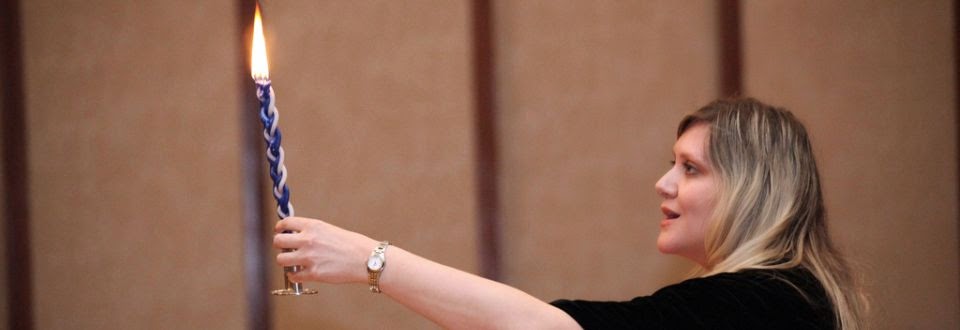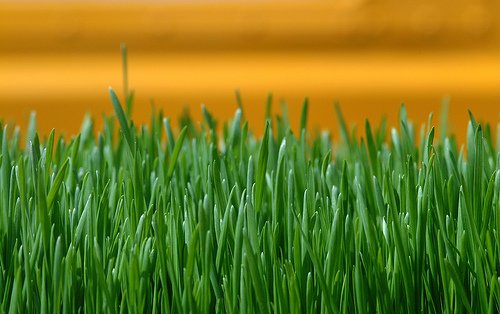During our 4th grade Family Education session this last week at The Reform Temple of Forest Hills we were discussing the various characteristics of what makes someone like a prophet. The words inspiration, guidance, spokesperson, and leader all flew around our heads. But the one way to characterize a prophet which everyone agreed on was “seeker of justice.”
And I could not have agreed more – especially after my recent trip to New Orleans for the annual Central Conference of America Rabbis Convention which focused on the “Prophetic Voice in the 21st Century.” While many of the sessions were stimulating, engaging, and thought-provoking none of them compared to an elective day-long field trip that I took about Environmental Justice in the greater New Orleans area. This trip was organized and led by the Religious Action Center (RAC) and featured various organizations around New Orleans that are working to bring justice to many of the environmental calamities that have occurred in recent times.
Take, for instance, the community of Norco, just 25 miles west of New Orleans. Formerly a plantation/slave community, many of its inhabitants have resided there for generations, too poor to be able to move in search of better opportunity. When a chemical plant popped up LITERALLY across the street from their homes, the health conditions that arose from the proximity of living near all those chemicals were atrocious – cancer, skin disorders, etc. Thankfully, the Louisiana Bucket Brigade is a grassroots non-profit organization that works with these fenceline communities (homes literally across the fence from these plants and refineries) in their campaigns to make industry accountable for its pollution and to work on moving these communities to areas with healthier air, cleaner water and a better living situation for their families and children.
Then, there is the issue of bayou depletion. While many of us might empathize or bemoan the loss of natural plants, animals, and wetlands, I don't know of anyone on the tour who wasn't shocked to hear that all of this CONTRIBUTED to the horrific damage done to New Orleans by Hurricane Katrina. Coastal regions naturally expect water and hurricanes to occur and the land is mostly prepared for that. But when humans come in and start depleting these natural resources, it only makes sense that during a catastrophic natural event, nature was unprepared to deal with the consequences of our actions. Bayou Rebirth is working hard to educate people on the importance of maintaining a natural environment, as well as actively learning how to plant and rebuild these areas.
Our day ended with a trip to East New Orleans. The large Vietnamese community there was greatly effected by Katrina and we toured the community with Daniel Nguyen of the Mary Queen of Viet Nam Community Development Corporation which works to educate about the devastation of homes and businesses after Katrina, as well as providing resources to those members still living there.
Finally, chef Susan Spicer of Mondo Restaurant invited us to join her and process what we had seen that day. She spoke to us of the effect of all of these environmental injustices (Katrina, the BP oil spill, etc) on the food and restaurant industry -unlike many chefs and owners who decided to leave in pursuit of greater opportunity elsewhere, she stayed in the community as an activist and promoter of New Orleans food industry. And, of course, we sampled her delicious food – the Cajun pizza was my favorite!
While processing, each one of us went around the room and used one word to describe what they day meant for us. While I cannot remember what everyone else said, I know that I agreed with them all - overwhelmed, enlightened, enraged, hopeful. My word was helpless.
The day left me feeling helpless that I hadn't known about these injustices and that I hadn't done anything to educate myself or others on these important communal issues. We talked about what it means to be prepared for disasters or environmental injustice and how we can begin to educate ourselves and take actions on the issues facing our own communities, as diverse as they are.
I applaud these prophetic organizations – they are seeking justice for those who are unable to do so themselves. They are standing up when no one else is listening and say – yes, there is still work to be done, but we can do it if we stand together and work hard and commit to our cause.
I applaud the RAC for offering a real hands-on experience for Rabbis and families at this convention to see modern-day prophets in actions. It was hard to leave many of my colleagues, the hotel and the sessions taking place that day, to leave the comfort of convenience and the world I knew.
But that trip transformed something inside of me. No longer can I be complacent about injustices within the environment or within my community. No longer can I be upset in the moment and then look the other way. No longer can I ignore my responsibility as a Rabbi and as a human being to pursue truth and seek justice in this world. It is my turn to speak up, to speak out, and to educate the world – which is still in desperate need of our attention and our repair.
Shenatan lanu hizdamnut l'takein et ha-olam: Blessed are you, Adonai our God, who has given us the opportunity to mend the world.




